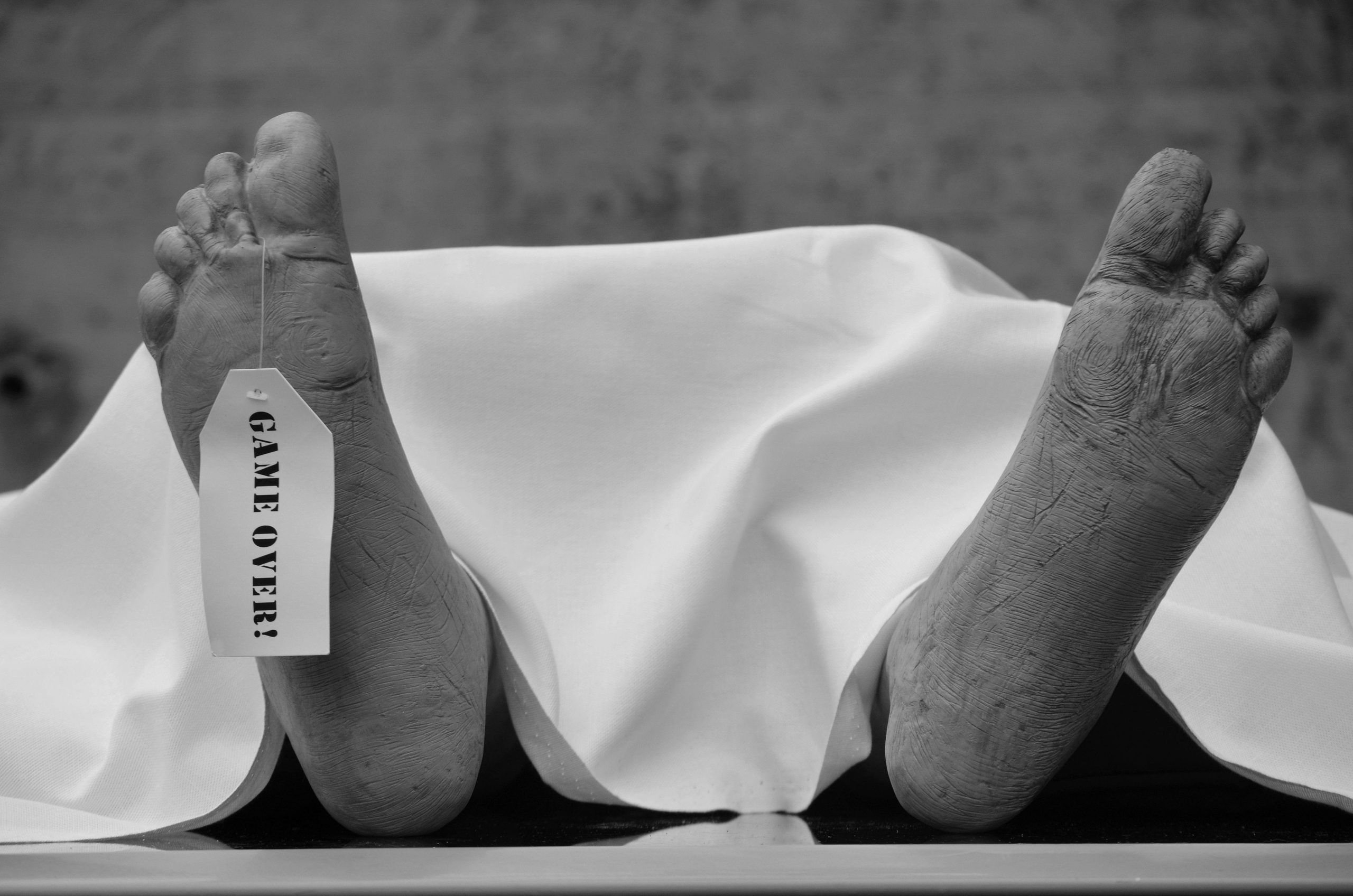My Individual Viewpoint on the Discontinuity Thesis
Understanding the Discontinuity Thesis: A New Perspective on AI and Economic Change
As artificial intelligence continues to advance at an unprecedented pace, many experts and enthusiasts are pondering its profound implications for our society and economy. Recently, I’ve developed a theoretical framework—what I’ve come to call the Discontinuity Thesis—aimed at understanding these transformative shifts. I’d like to share this concept and invite your insights on its viability.
Introducing the Discontinuity Thesis
At its core, this theory posits that AI represents more than just another phase of industrial revolution. Unlike past technological innovations that primarily automated manual and physical tasks, AI is poised to automate cognition itself. This fundamental distinction introduces a new economic dynamic—one where the very process of thinking and decision-making can be outsourced to machines.
The Fundamental Logic
Here’s the reasoning underlying this perspective:
- AI combined with human effort surpasses human-only performance, leading to a rapid displacement of jobs traditionally held by humans.
- A tipping point, potentially imminent, could drastically alter employment landscapes—if it hasn’t already begun.
- Post-World War II capitalism has always depended on widespread employment to sustain consumer purchasing power. If this employment base erodes too quickly, economic systems risk destabilization.
- The scenario can be viewed through the lens of a multi-player prisoner’s dilemma—a situation where individual and collective incentives align in a way that prevents coordinated action against the rapid AI-driven change, even if some players recognize the risks.
A Complexity-Theory Analogy
I also see parallels with computational complexity theory, particularly the P versus NP problem. In this analogy:
- AI makes solving NP-complete problems essentially trivial.
- What remains for humans is verification—which can also be simplified or delegated to machines.
- Ultimately, a select group of experts may serve as elite verifiers, overseeing the AI’s outputs, acting as legal or moral shields against potential misuse.
Seeking Your Expertise
The core question I have is: Am I overlooking any critical factors? I’ve discussed this hypothesis with friends and some AI systems, and so far, the feedback is consistent. Still, I’d greatly appreciate insights from those familiar with AI development and economic theory.
If you’re interested in exploring this idea further, I’ve elaborated on the Discontinuity Thesis on my website: [https://discontinuitythesis.com/](https://discontinuitythesis.com














Post Comment